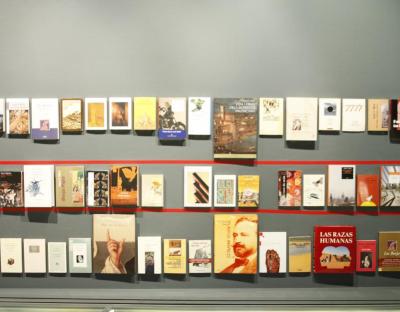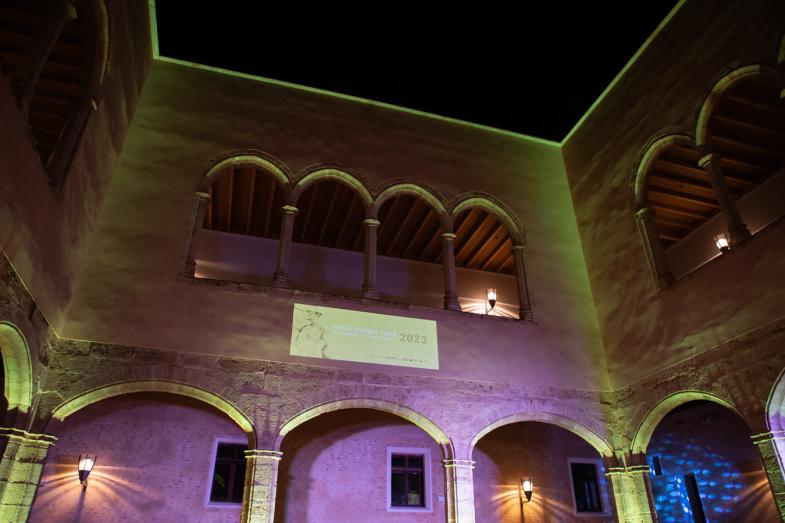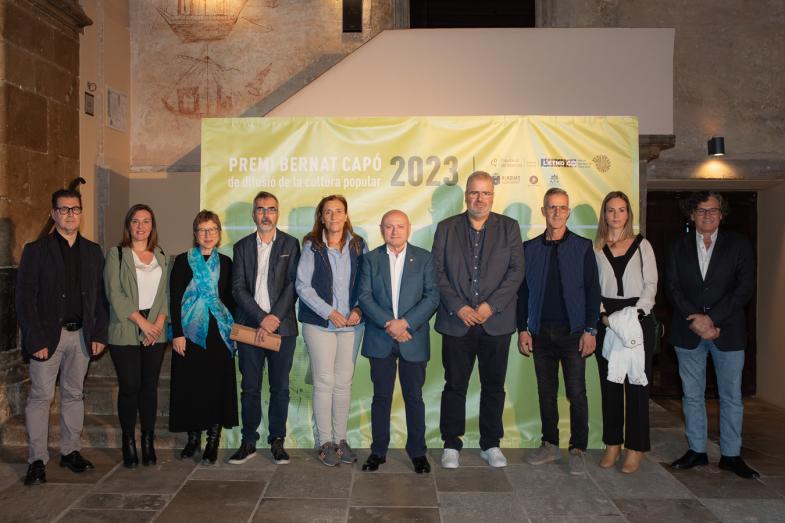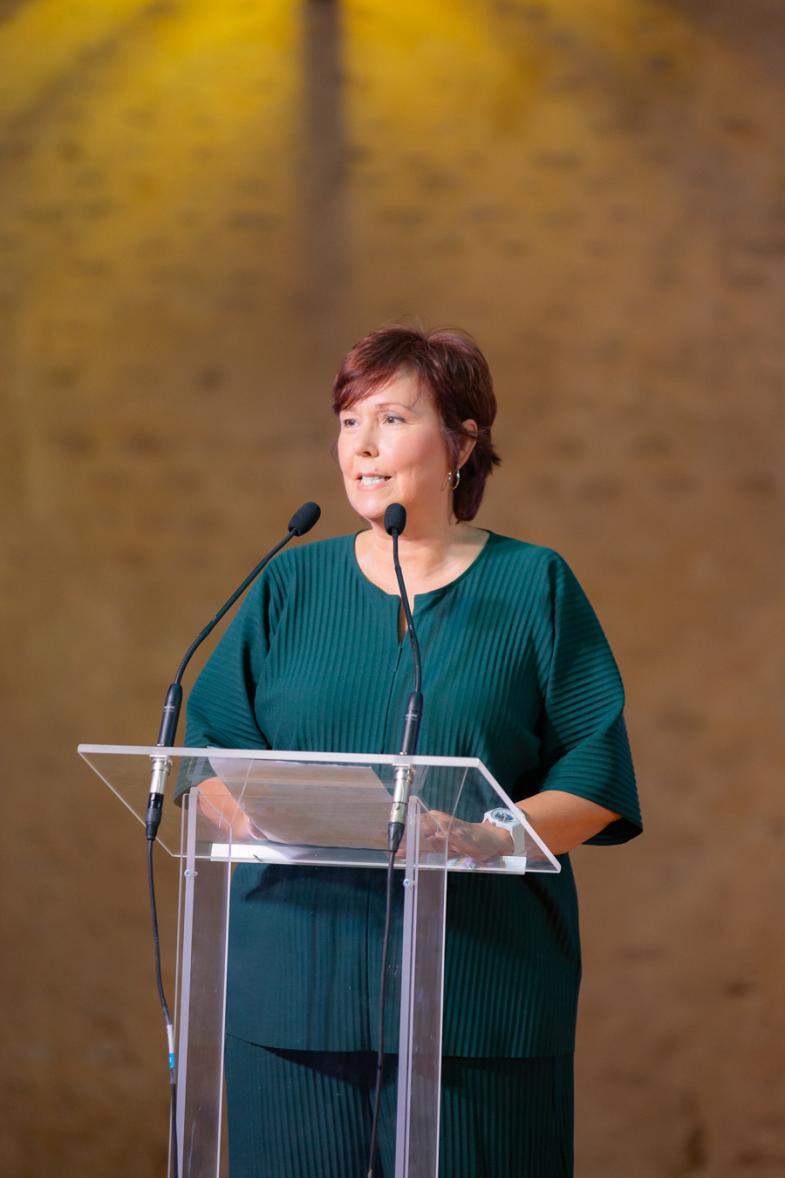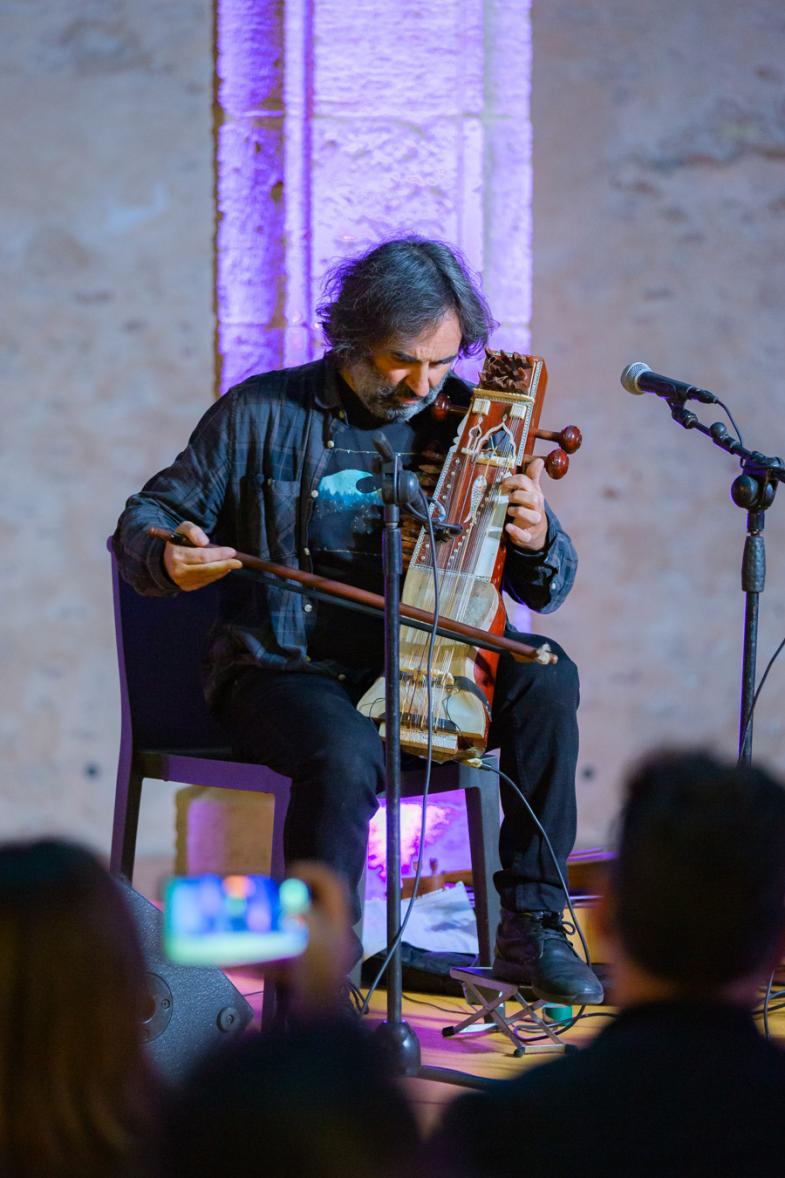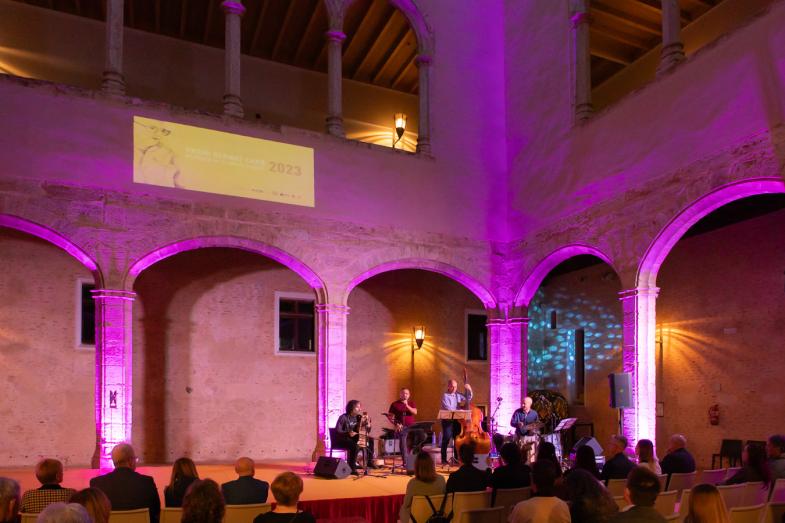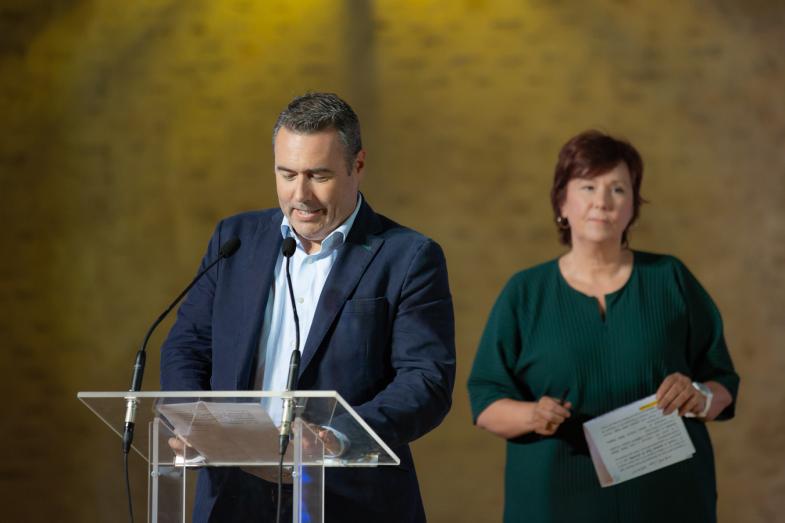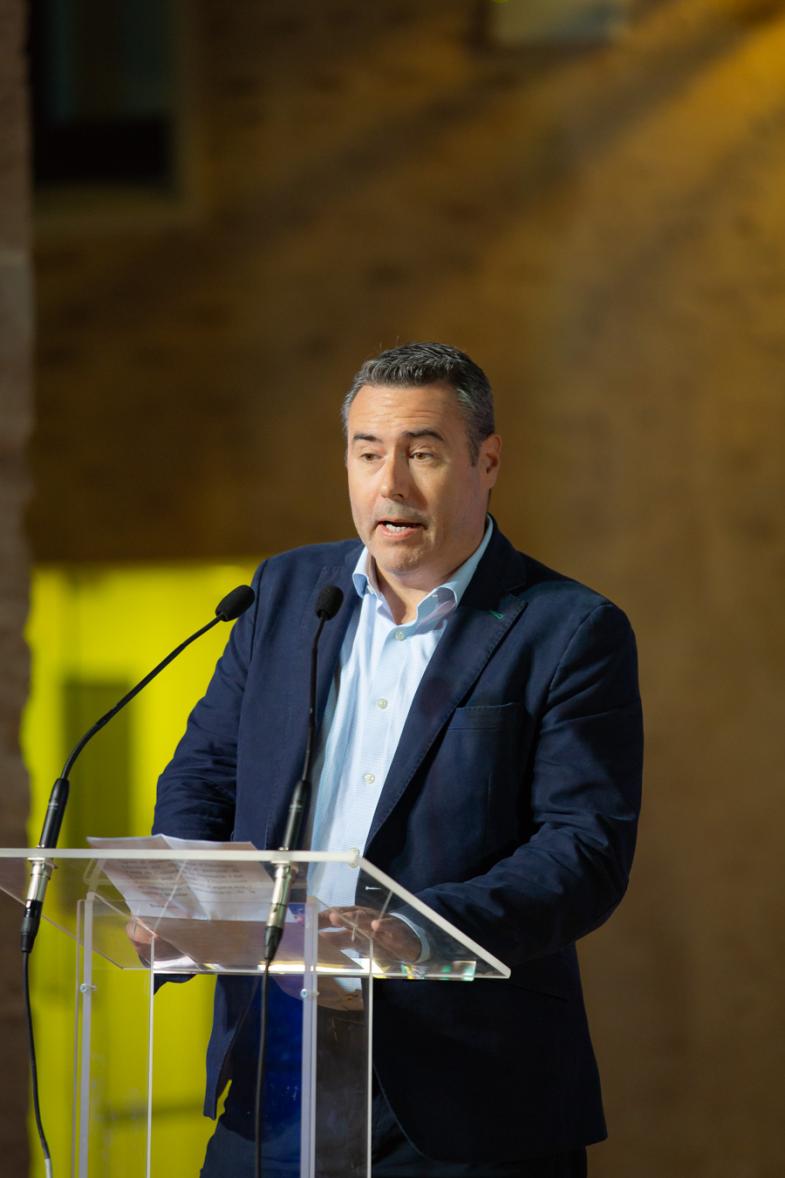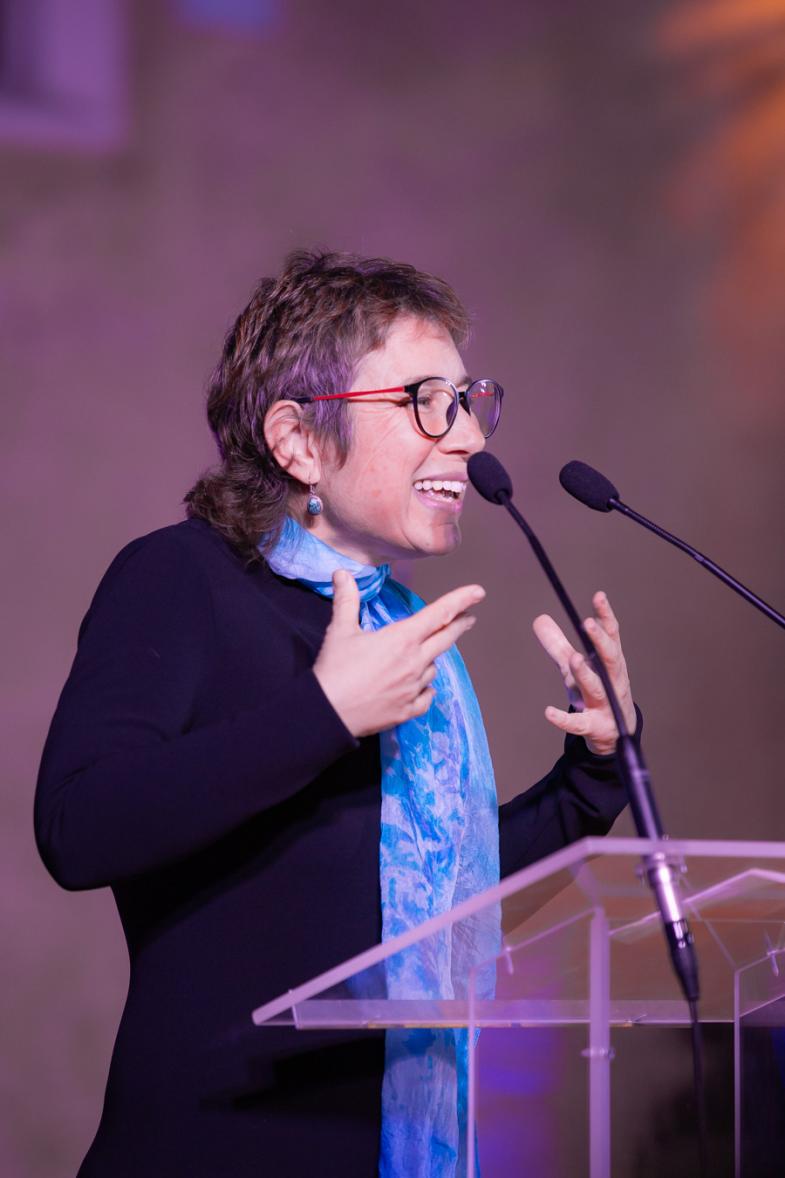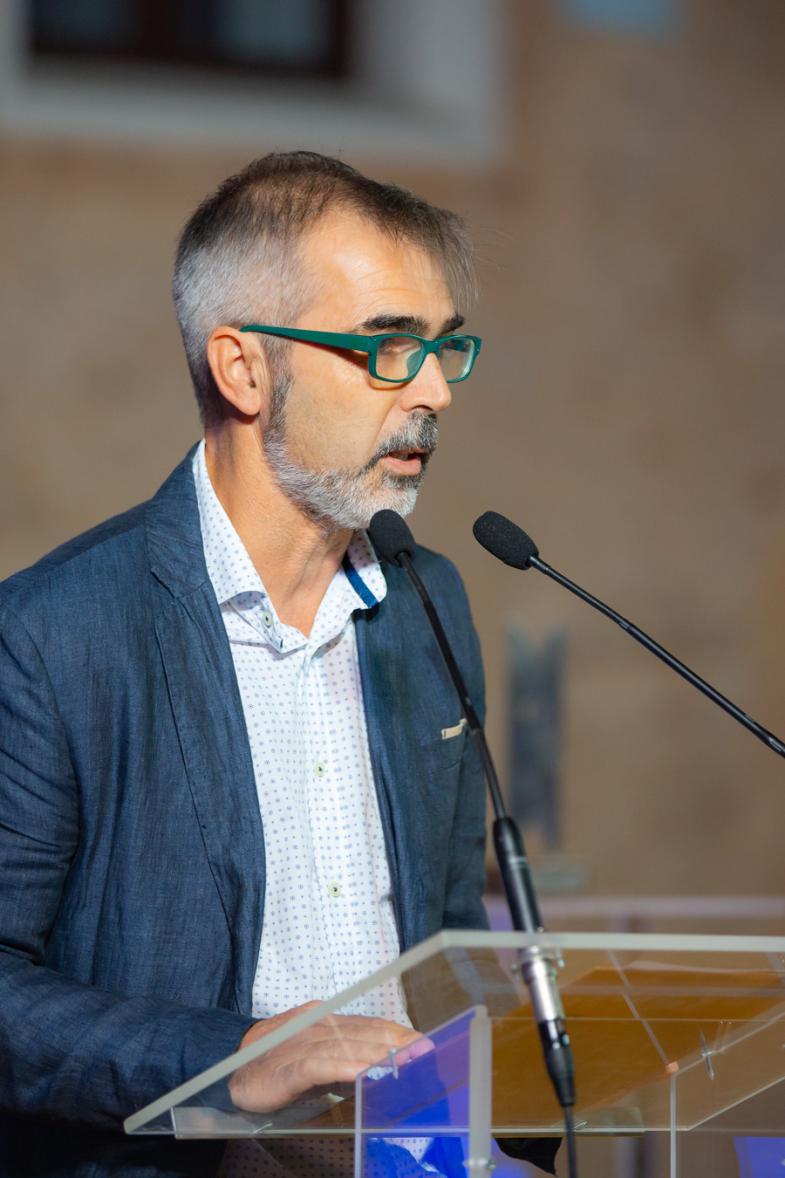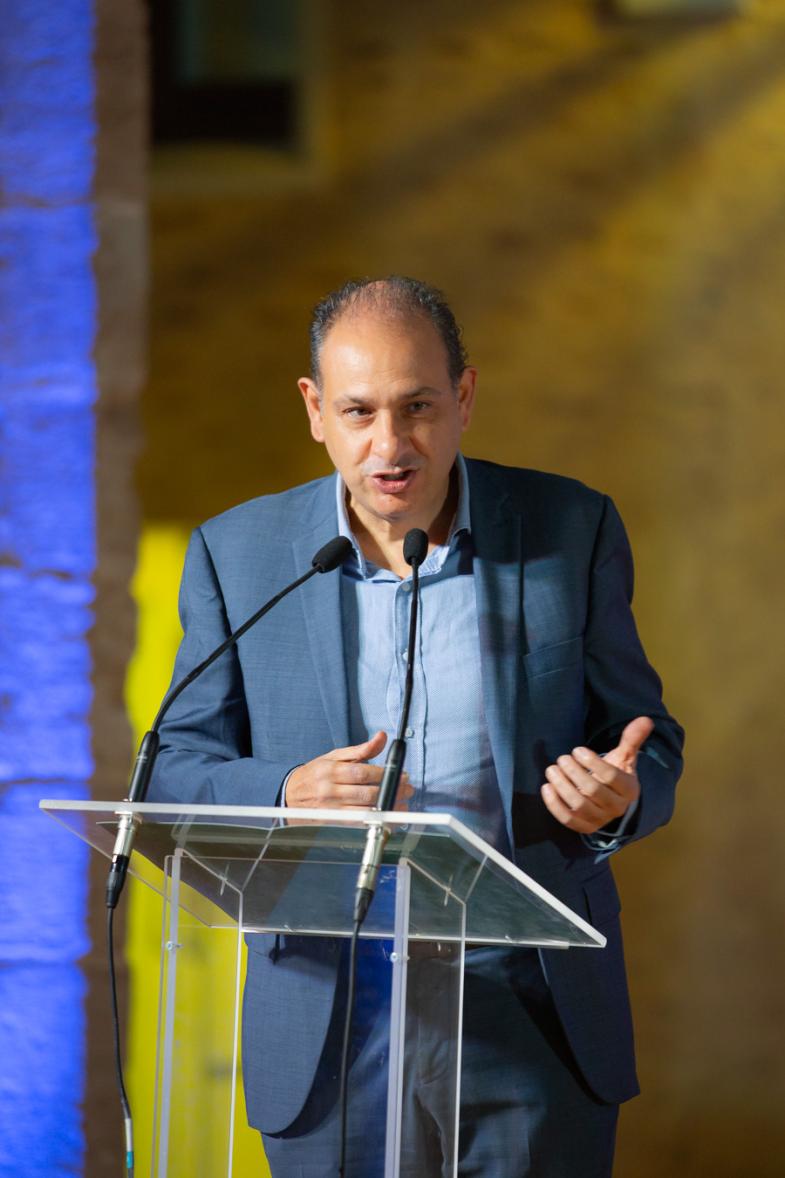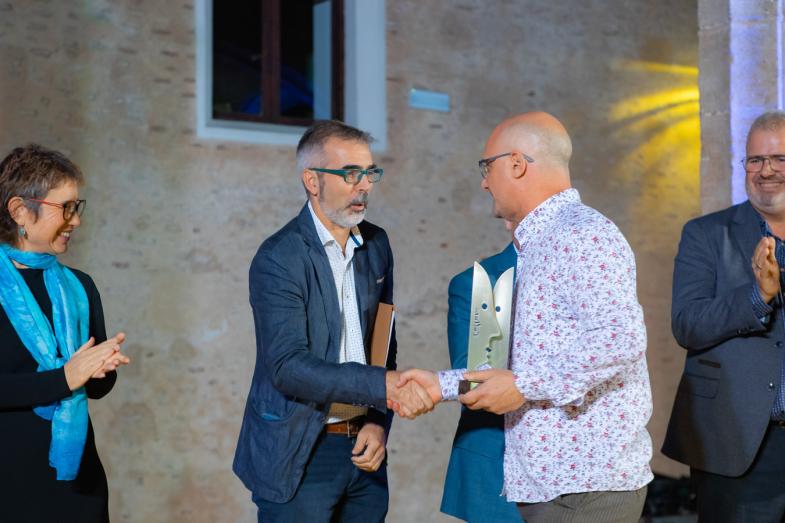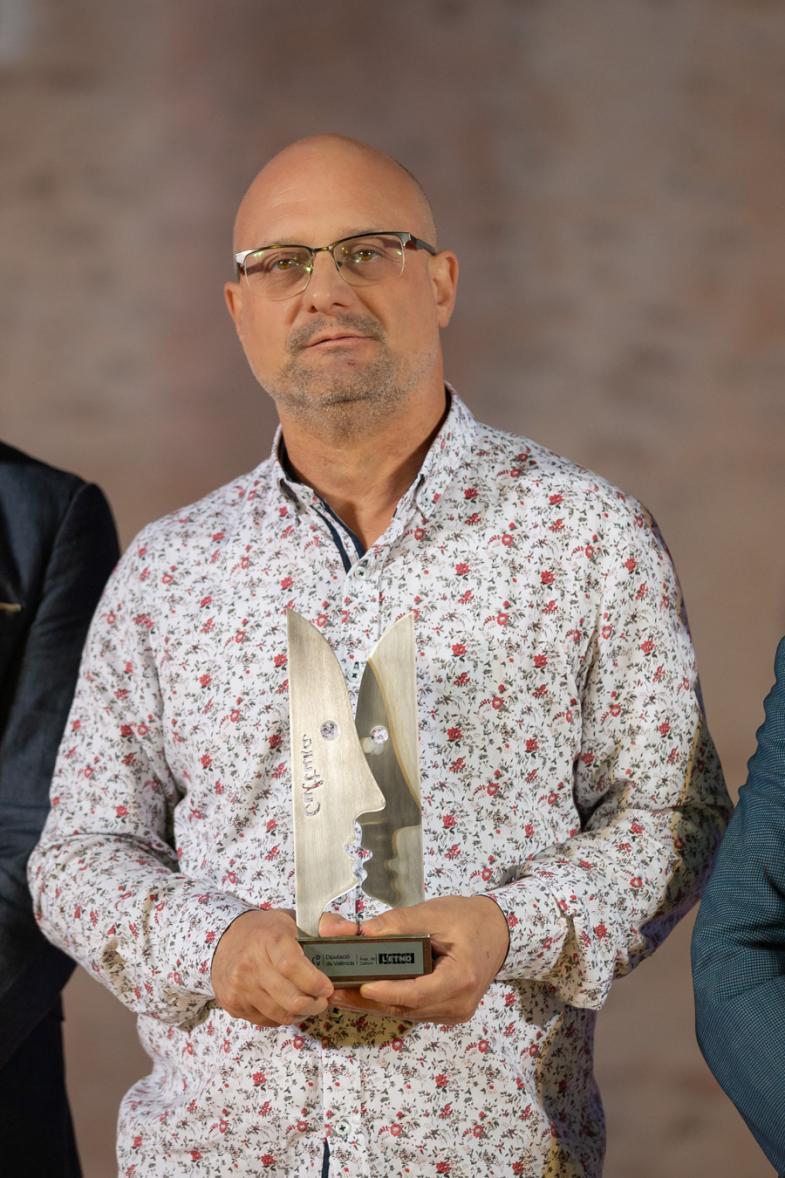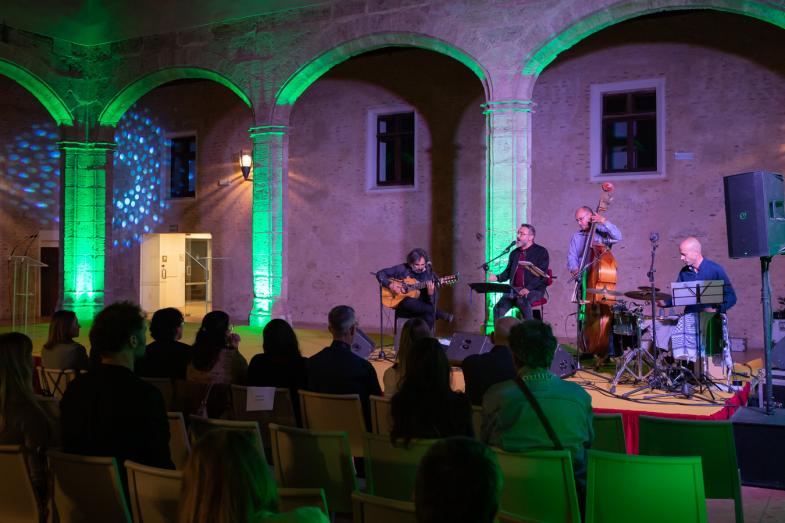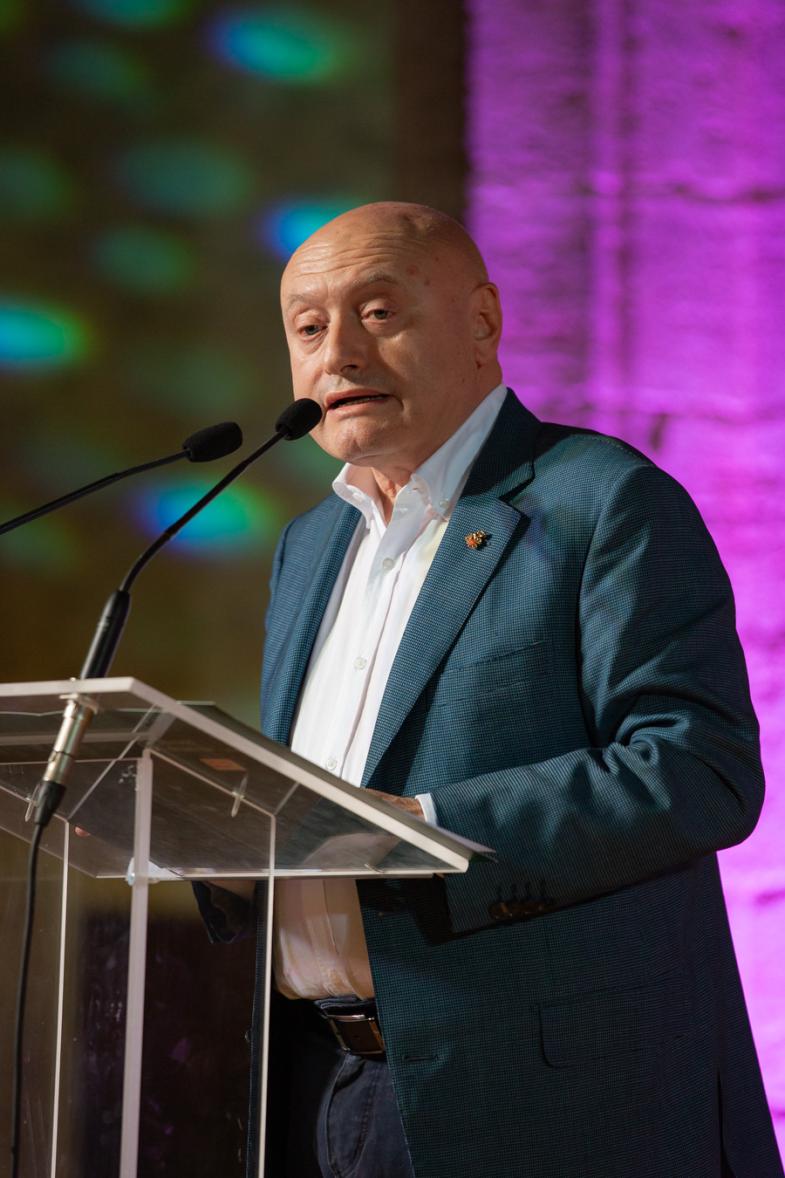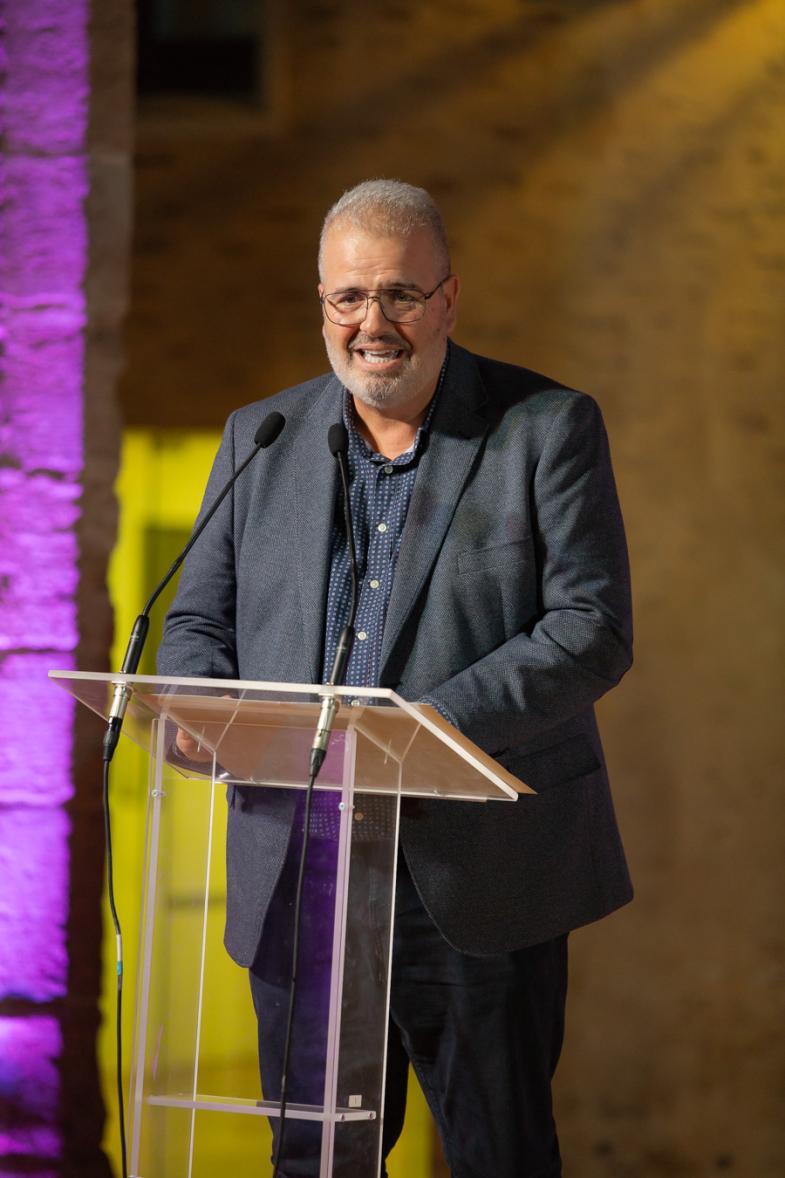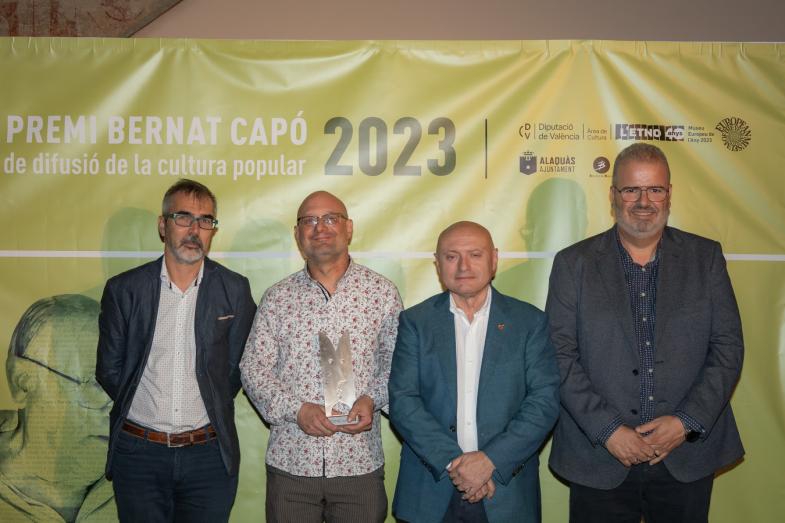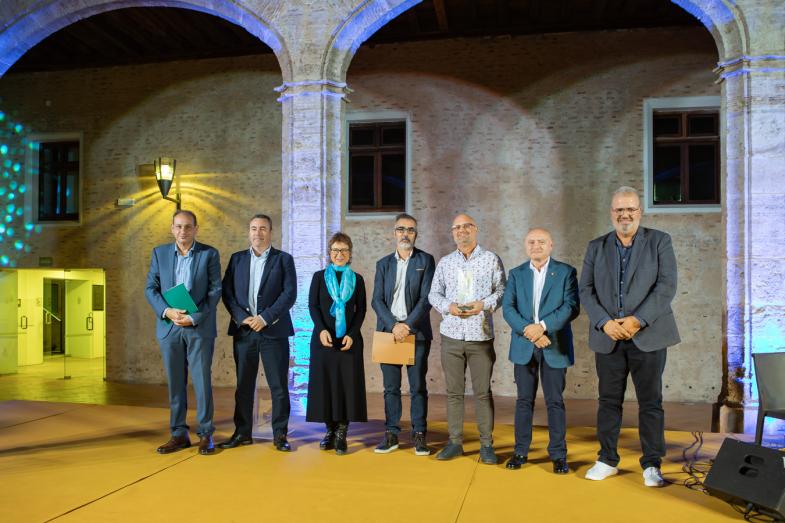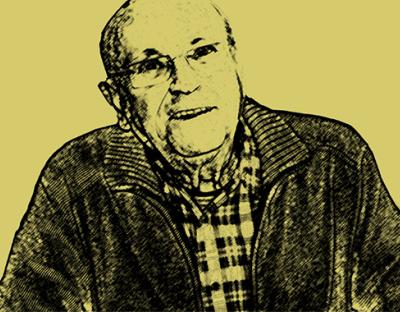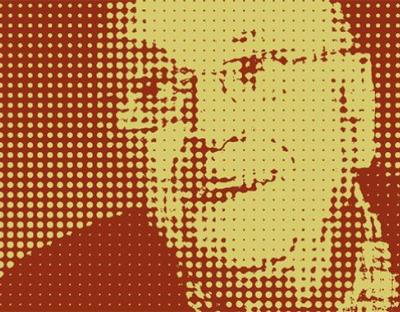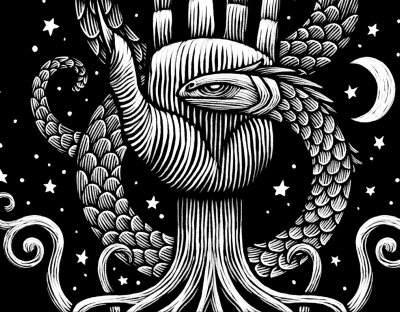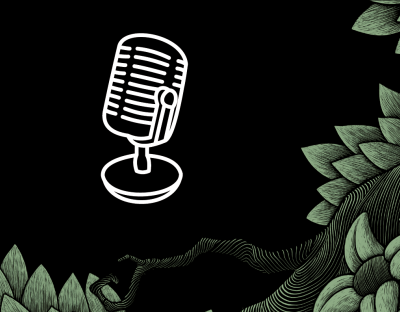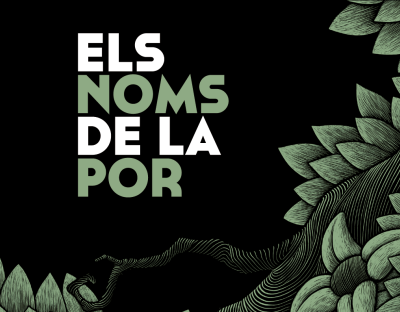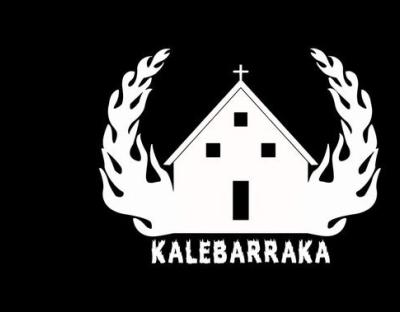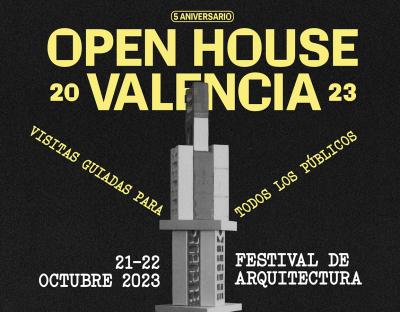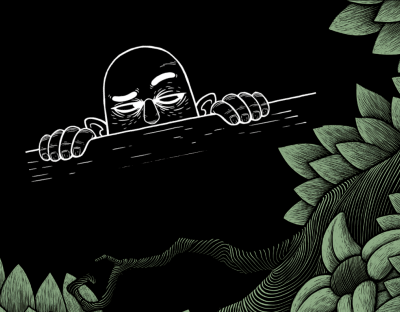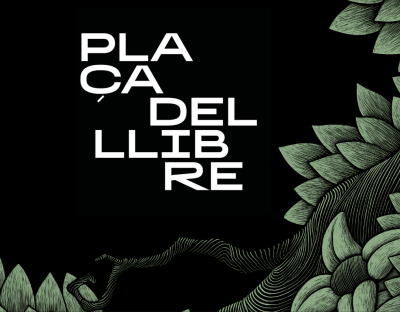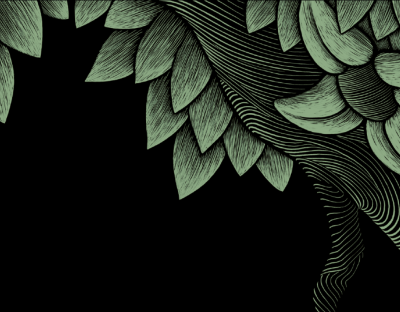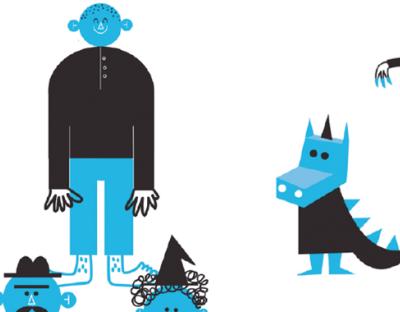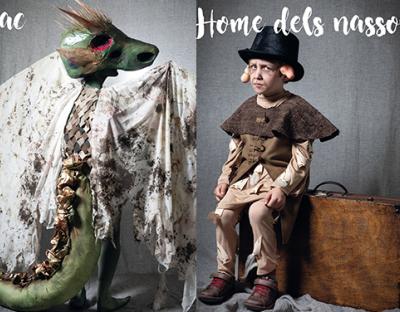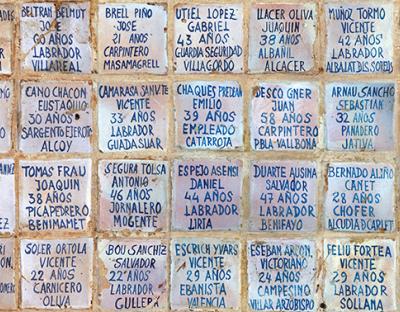The call for entries for the Mira Prize is now open.
PURPOSE
The aim of the J. F. Mira Research Award is to promote research, study and dissemination of sociocultural anthropology, preferably in the Valencian Community.
RULES
1. All researchers who wish may apply, as long as they have not been awarded prizes in previous editions.
2. The works must be unpublished, written in Valencian or Spanish, and may not have been awarded prizes in other competitions. A copy in pdf format must be submitted, preserving anonymity.
3. The originals must be between 150 and 200 pages long, including footnotes and bibliography, in Times New Roman, 12 point, DIN-A4 format, single-spaced and half-spaced.
4. The content may deal with any subject, as long as it is done from an anthropological perspective.
5. The originals must be sent before 31 December 2023, under a slogan, to the AVA e-mail address (avantrop@yahoo.es), accompanied by a separate attachment with the inscription: "XIII Premio de Investigación J. F. Mira", as well as the title of the work and the slogan. This document must include the name, address, telephone number and other details of the author, as well as a brief curriculum vitae.
6. The XIII J. F. Mira Research Prize is endowed with 2,000 euros and the publication of the work in the Intercanvis collection of L'ETNO, Museu Valencià d'Etnologia de la Diputació de València, with the winner receiving 10 copies and a diploma.
7. The Valencian Association of Anthropology will designate the panel of judges at the appropriate time, whose decisions will be final.
8. The jury will issue its decision in the second half of January 2024 and may declare the prize void if, in its opinion, none of the works submitted meets the requirements and merits.
9. Participation in this competition implies full acceptance of its rules and regulations.
